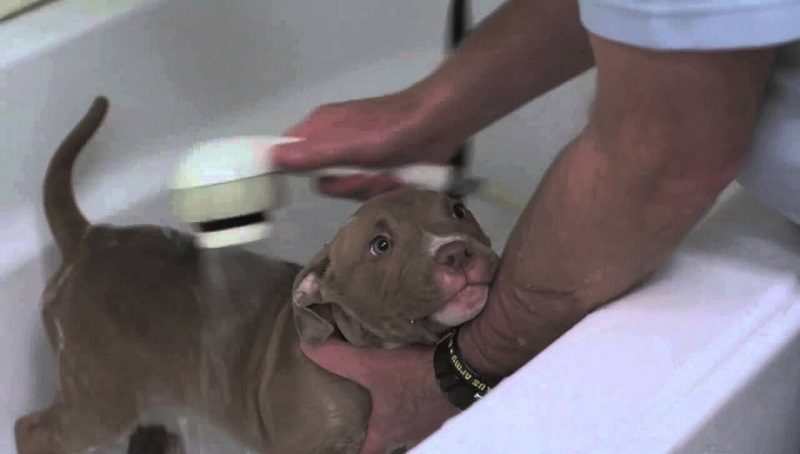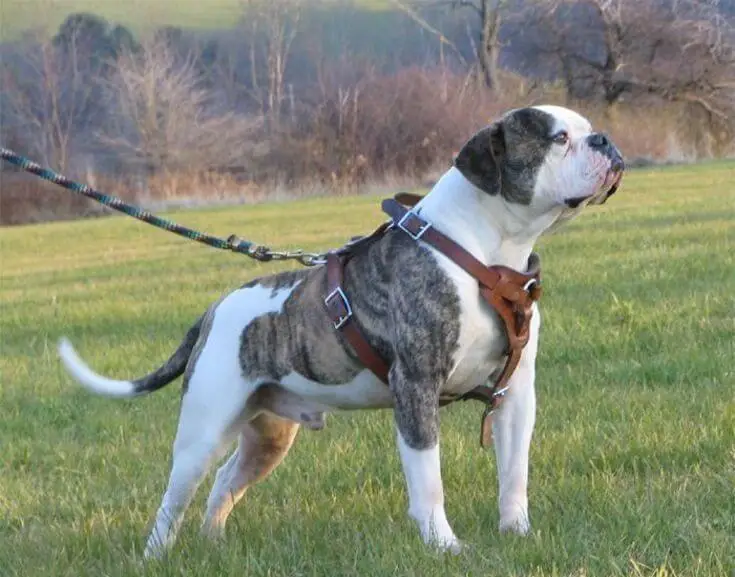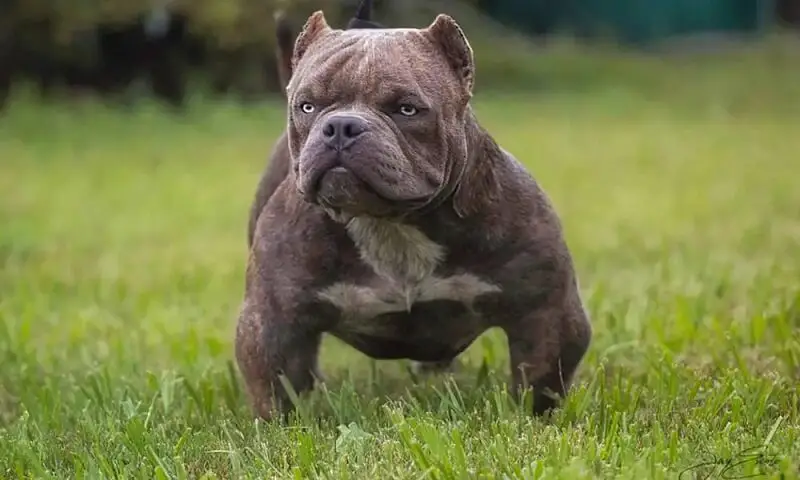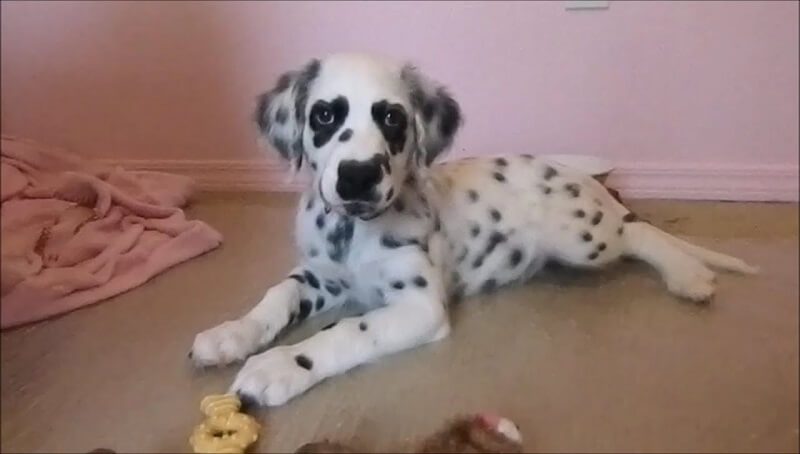The usual flea treatment you’d give to dogs will usually be quite damaging to puppies. This is why this article will come to your help with some guidelines and tips on flea treatment for puppies.
As you surely know, dogs are at risk of getting infected by all kinds of parasites, both external and internal ones. The external ones are quite prevalent in hotter months and among them, fleas are the most common types. Fleas are insects that are really small and wingless, feeding on the blood of their hosts. Flea infestation is not only about those nasty symptoms that make a dog bite or scratch itself, but also about the health problems it can lead to, like dermatitis, anemia, or ear infections.
This is why it is vital to treat this condition from the earliest possible moment. Although there are a bunch of medication alternatives to treat fleas in adult dogs, puppies will need a little more care when it comes to the medication being used. This is due to the ingredients in these types of medication that might really damage the health of puppies, especially pups within their first three months of life.
Controlling Flea Infestations in Puppies 12 Weeks and Under
As you can expect, not all methods used to control flea infestation in adult dogs won’t be appropriate for puppies. Most of the time, fleas won’t get on the bodies of puppies from going outside, especially when they are young. They will get this infestation from other dogs in the house and even their own mother. You also can’t ignore flea infestation in puppies because it can lead to a lot of health problems when left untreated. So, treatment will really be a must. But what will be the safest type of treatment for puppies that are under three months old? Let’s get right into it, shall we?
You might also like my articles on seed ticks on dogs, dog not eating but drinking water, or whether dog ears should be warm.
You will have to use natural treatment methods because any prescription medication against fleas is strictly forbidden in the case of puppies. For better results, you can even try to go for a combination of natural treatments instead of sticking to just one remedy.
The first thing you should try to treat flea infestation in puppies is the use of warm baths. The lukewarm water should also be mixed with just a pinch of dish detergent and then the mix will be used to wash the puppy. You should also keep the puppy with soapy water on its body for five minutes or more so that all fleas will fall off. If the infestation is more abundant and your vet prescribes it, you can even use flea shampoo for puppies under 3 months on your pup’s body. You will then have to rinse and try the puppy’s body.
You can also make your own natural flea spray with the help of cedarwood oil, eucalyptus oil, and lavender oil, 5 drops each, in water, all added in a spray bottle. You will then use the spray on the puppy’s body. But at what intervals? once every four hours should be enough. The fleas will then slowly leave the pop alone because they really hate how these oils smell.
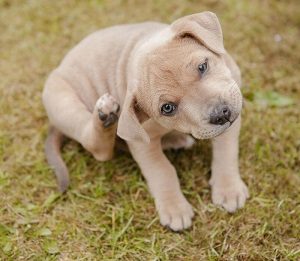 There are other natural remedies you can use on young puppies against fleas. For example, food-grade diatomaceous earth, which will need to be rubbed on the pet’s fur, but in very limited amounts. To get rid of the parasites that have fallen off the pup’s fur and landed on its bed, you can spread cedar wood chips with the same diatomaceous earth on and around it.
There are other natural remedies you can use on young puppies against fleas. For example, food-grade diatomaceous earth, which will need to be rubbed on the pet’s fur, but in very limited amounts. To get rid of the parasites that have fallen off the pup’s fur and landed on its bed, you can spread cedar wood chips with the same diatomaceous earth on and around it.
Depending on the severity of the infestation, you might even try to remove fleas with your hands. There are also flea combs that can be used to do this better. You can even combine the methods and try to dip the flea comb in the natural flea spray or soapy water before using it.
Some people talk about different foods that fight against fleas in dogs. Among these are sardines, tuna, flaxseed oil, brewer’s yeast, and garlic. You can even add yogurt to this list, but this should be given to puppies only in small amounts. An important aspect related to these foods is that you shouldn’t add them blindly into the pet’s diet. Add them one by one, see which ones it likes, and then continue with those, instead of forcing your pup to eat something it doesn’t like.
Keep in mind to also sanitize the surroundings of your dog, especially parts of the house where it spends the most time. If you fail to do this, even if you get fleas off your puppy, they will shortly reappear. Of course, this article has only an informational purpose, and you should always talk to a vet before giving any type of treatment to your pet, even if you’re just giving it natural ingredients.
